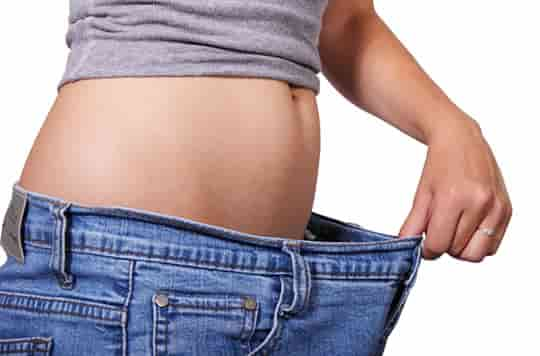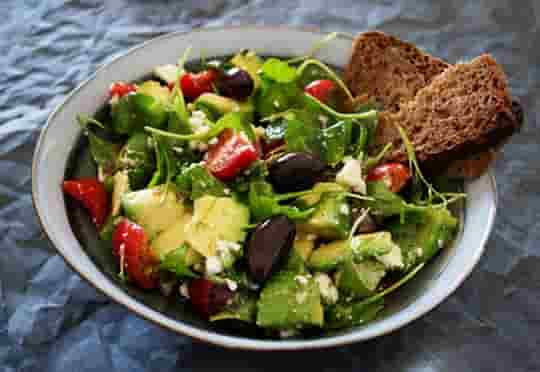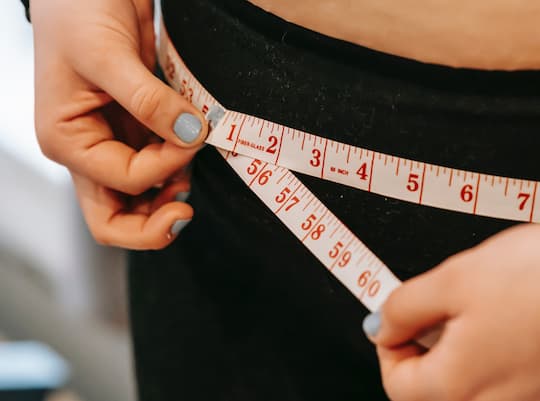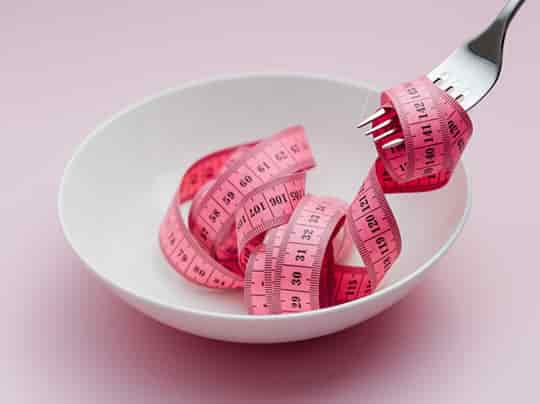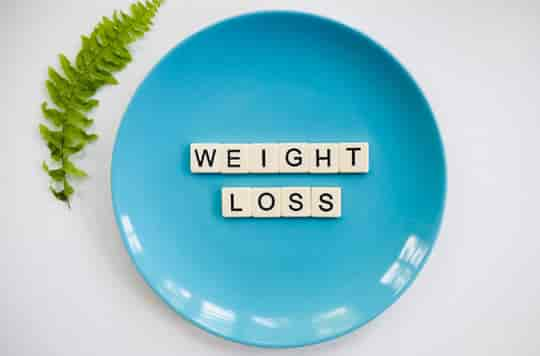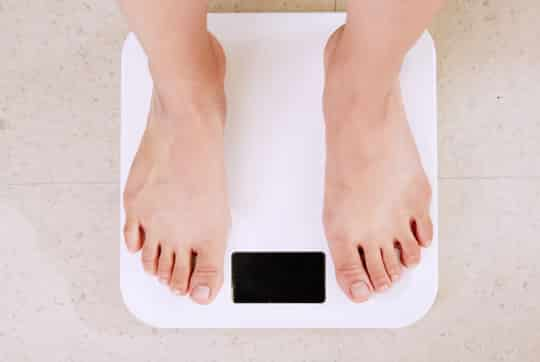A weight loss drink that is very easy to incorporate in the daily routine.
Drinking a low-sodium vegetable juice can quadruple weight loss, research shows.
People in the study who drank one or two glasses of vegetable juice each day lost four times as much weight while dieting.
A vegetable juice could be a simple way for people to boost their intake of essential nutrients and increase weight loss.
Vegetables help with dieting because they are low in energy-density.
This means they tend to make people feel fuller and they contain more nutrients, but without containing as many calories.
Dr John Foreyt, study co-author, said:
“Making vegetable consumption easy is critical because it has so many benefits, from disease prevention to weight management.
We have a lot more work to do in finding ways for people to improve their health, but providing them with something simple like vegetable juice is a step in the right direction.”
Included in the study were 81 overweight people with metabolic syndrome.
Metabolic syndrome is a cluster of conditions including high blood sugar, blood pressure, excess body fat and abnormal cholesterol levels.
One group in the study followed the DASH diet and drank one or two servings of vegetable juice daily for 12 weeks.
The results showed that those drinking vegetable juice lost four pounds in comparison to only one pound among people who only did the DASH diet.
People drinking vegetable juice daily also had higher levels of vitamin C and potassium.
Professor Carl Keen, study co-author, said:
“This study suggests that it’s not enough to just educate people on the importance of vegetables, you need to show them ways to easily incorporate them into their daily routine.
What we found was that something as simple as drinking your vegetables can be an effective tool in achieving behavior change.”
The study was published in the Nutrition Journal (Shenoy et al., 2010).

